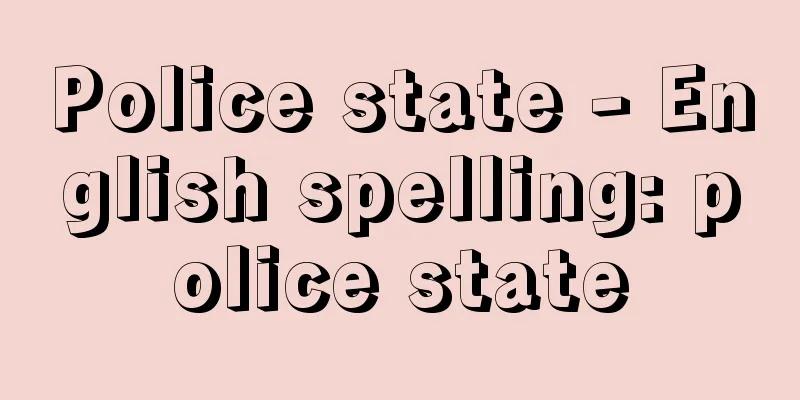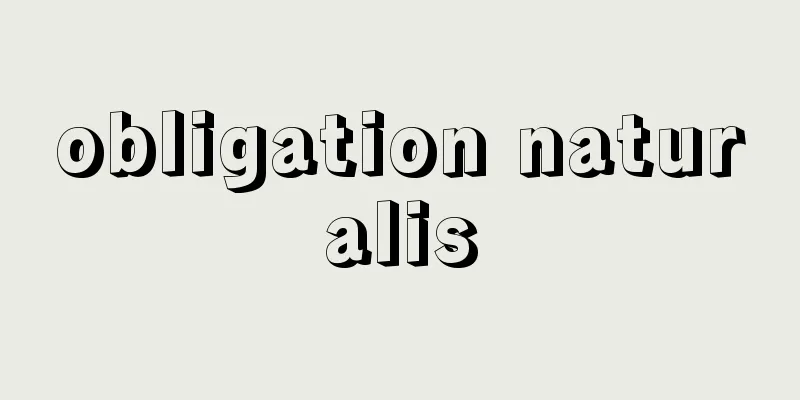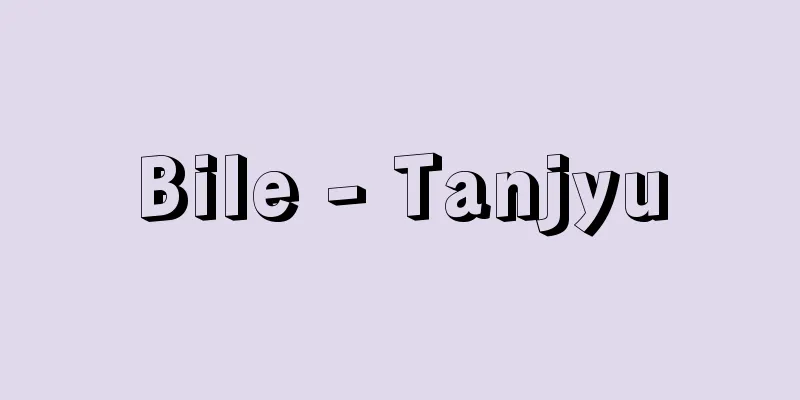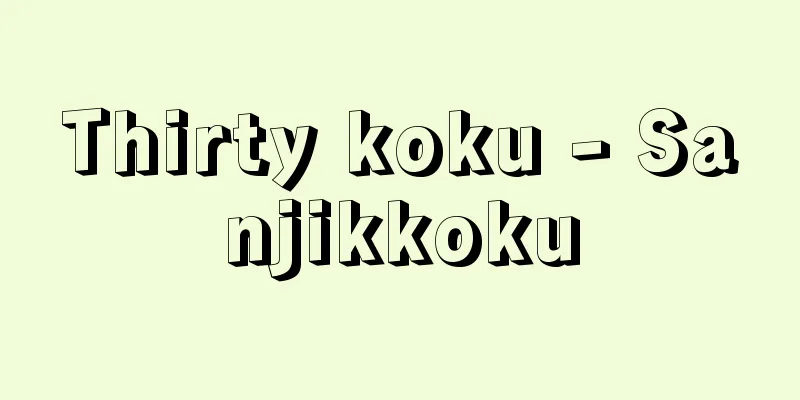Police state - English spelling: police state

|
In general, it refers to monarchical states that carried out authoritarian politics with the aim of building a modern unified state, especially those under the rule of the enlightened despotic monarch of Prussia in the 18th and 19th centuries. In Prussia, the bureaucracy (office) centered on the monarch broke the decentralized rule of feudal feudal lords, and to this end, they used mercantilism and a policy of enriching the country and strengthening the military, while cultivating domestic industry through various welfare and protection administrations, and established a national economy and a nation-state. As Hegel also said at the time, such public order and welfare administrations were called police (Polizei). However, since human rights protection and democratic political systems had not yet been established in Prussia, the idea of the police state actually became a justification for the state's interference in the lives of the people under the pretext of "public welfare." Thus, in Prussia, a government with a strong feudal color was implemented, which suppressed ideas and movements that criticized and opposed state policies, and restricted human rights and freedoms. For this reason, when we talk about police states today, we think of Japan before the Second World War or Nazi Germany, which were under the control of the Thought Police (Japan's Special Higher Police and the Nazi Secret State Police, or Gestapo), which carried out brutal ideological repression. However, after the war, democracy was established in these countries and the liberal idea of limiting police powers to maintaining public order and security emerged, and the term "police state" gradually disappeared. [Hiroshi Tanaka] Source: Shogakukan Encyclopedia Nipponica About Encyclopedia Nipponica Information | Legend |
|
一般には、近代的な統一国家の建設を目ざして強権的な政治を遂行していた君主制諸国家、とくに18、19世紀におけるプロイセンの開明専制君主の統治下にあった国家をさす。プロイセンでは君主を中心とする官僚群(官房)が、封建的な領邦君主たちによる分権支配を打破し、そのため重商主義と富国強兵策を併用しつつ各種の福祉・保護行政によって国内産業を育成し、国民経済と国民国家の確立を図った。そして、このような治安・福祉行政を当時、ヘーゲルも述べているように警察(Polizeiポリツァイ)とよんだ。しかし、プロイセンではいまだ人権保障や民主的な政治制度が確立されていなかったから、この警察国家の思想も実際には「公共の福祉」を名目として国家による国民生活への干渉を合理化する根拠となった。こうしてプロイセンでは、国家の政策を批判しそれに反対する思想や運動を抑圧し、人権や自由を制限する封建的色彩の強い政治が行われた。今日、警察国家といえば、残忍な思想弾圧を行った思想警察(日本の特高警察、ナチスの秘密国家警察=ゲシュタポ)下にあった第二次世界大戦前の日本やナチス・ドイツを思い起こすのはこのためである。 しかし、戦後、これらの国々では民主主義が確立され、警察の権限を治安と秩序維持の作用に限定する自由主義的な考え方が登場するなかで、警察国家ということばも、しだいに消失しつつある。 [田中 浩] 出典 小学館 日本大百科全書(ニッポニカ)日本大百科全書(ニッポニカ)について 情報 | 凡例 |
<<: Police Station - Keisatsusho
Recommend
Kotake [town] - Kotake
A town in Kurate County in the midstream of the On...
Foreign Languages - Gaikokugo
English: (noun) a foreign language (as opposed to ...
Guts
(From gut, which means internal organs) Used in di...
Tenja - scorer
A person who evaluates and assigns points to work...
Cholesteric
...Their molecular formulas are shown in Figure 1...
Sialic acid - Shialsan
A type of monosaccharide, it has a complex struct...
Osumi [town] - Osumi
A former town in Soo County in eastern Kagoshima P...
Kawano Doen - Kawano Doen
…Magistrate Okuyama Daigaku Tsunetatsu wielded po...
Cooperative agricultural extension projects
Under its basic role of acting as a bridge between...
Character diagram - Azazu
…Old cadastral maps are maps created in the early...
Family of Orientation
...The axis of this family is the parent-child re...
Natal
The capital of Rio Grande do Norte state in northe...
Studios
…A representative monastery of the Eastern Orthod...
Aleksandr Nikolaevich Radishchev
A Russian thinker and poet. Born into a wealthy a...
osmium
Os. Element with atomic number 76. A precious met...









